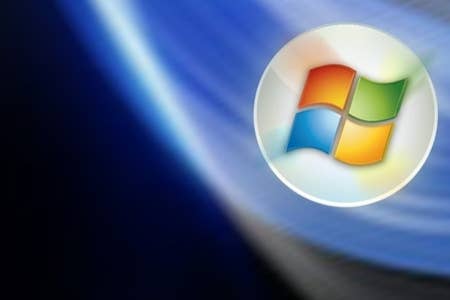Windows 8 Marketplace will not sell PEGI 18 rated games
UPDATE: UK trade bodies respond to news of mature content ban
UPDATE
Both of the UK's trade bodies have responded to the story below, which details the banning of all 18 rated content from the Windows 8 Marketplace.
Dr Richard Wilson, CEO of TIGA, expressed sympathy with Microsoft's desire to regulate the content it distributes, but questions the wisdom of the move.
"Windows 8 is proving to be a very exciting platform for games developers and digital publishers," Dr Wilson told GamesIndustry International.
"Yet Microsoft's apparent decision not to sell PEGI 18 rated games or ESRB MATURE games will inevitably drive some developers and digital publishers away.
"This would be a great shame. However, games developers and digital publishers now have considerable choice over where to publish their games. If Microsoft will not welcome adult rated games then some developers will simply take their games to other publishers and platform owners. Hopefully Microsoft will change its position."
UKIE's Dr Jo Twist was keen to point out the distinction between the ratings systems for boxed and downloadable titles.
"The recent PEGI legislation in the UK only covers the sale of boxed products (which is still two thirds of the market in terms of value) either in-store or buying a physical game online. This makes it illegal for a retailer, whether a shop or a digital service, to sell boxed product games to children below the stated PEGI age rating.
"There is no single legal system for purely digital games (or any other online content) at the moment in the UK or overseas.
"There are however age ratings systems in place such as PEGI Express (as operated on Windows 8 mobile devices for game apps). Other online marketplaces have codes of conduct in place and monitoring to prevent inappropriate behaviour. On top of that, all the main consoles and pc operating systems have parental controls (linked to age ratings)."
Original story
Microsoft's regulations for the forthcoming Windows 8 Marketplace will prevent the sale of any games rated above PEGI 16 in Europe, or Mature in the US. Because of this, no 18-rated games will be available to buy from the service in Europe at all.
Reading through an extensive piece by Casey Muratori which argues that Windows 8 will be a crushing blow to the games industry, a seemingly ridiculous section of Windows 8 legislation mentioned by Muratori early on leaps out: "Your app must not contain adult content, and metadata must be appropriate for everyone. Apps with a rating over PEGI 16, ESRB MATURE, or that contain content that would warrant such a rating, are not allowed."
Whilst Mature is generally the highest bracket used for games in the US, a great deal of European titles are rated 18 by PEGI, meaning that, although they would run happily enough under Microsoft's new operating system, they wouldn't be available for purchase via the store - the only place to buy games which are designed for 8's interfaces and features.
Put simply, a customer who buys games for a new Windows 8 system purely through the Marketplace would have no access to many of the most critically and commercially successful games of the last 15 years, nor any future titles which transgress its guidelines.
Muratori goes on to highlight some of the deciding factors in those guidelines.
"Your app must not contain content or functionality that encourages, facilitates, or glamorizes illegal activity."
"Your app must not contain content that encourages, facilitates or glamorizes excessive or irresponsible use of alcohol or tobacco products, drugs or weapons."
"Your app must not contain excessive or gratuitous profanity."
Microsoft has since confirmed these rules to Kotaku, telling the blog that they will apply to all games submitted to the Marketplace. Microsoft's PR agency Edstrom also clarified the situation for Muratori when he enquired about alternative submission methods for software using the Metro interface.
"No, you cannot distribute Windows Store apps without going through the Windows Store. The exception to this is for enterprise apps. Developers can, however, create and offer desktop apps the same way they always have - through their own site or distribution point."

